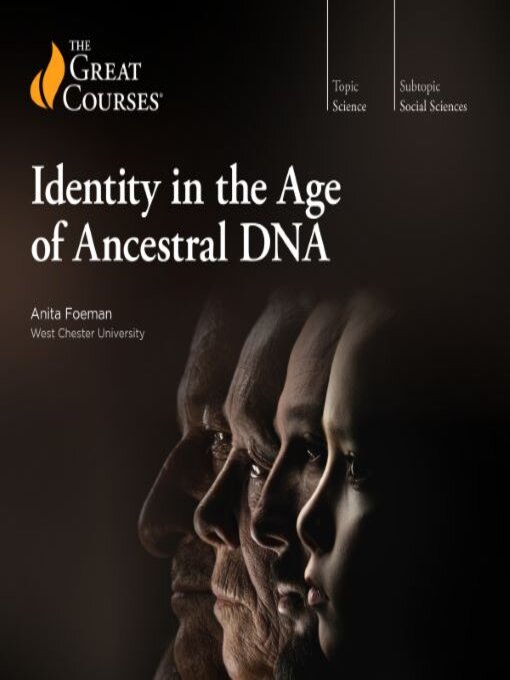No matter where we have lived on this planet, we've formed our identities with whatever information has been available to us. Today, with relatively easy access to our DNA ancestry, we have more data about ourselves and family history than previous generations could have imagined. In the 12 fascinating lessons of Identity in the Age of Ancestral DNA, Anita Foeman, PhD, Professor of Communication and Media, and founder and primary investigator of the DNA Discussion Project at West Chester University, takes us behind the scenes to examine what really happens when individuals receive their personal DNA ancestry results. By learning about their individual and family reactions, we learn more about our own identity narratives as well.Your results will tell you where your ancestors likely lived, and you will probably receive a chart indicating what percentage of your ancestors came from which parts of the world. But no matter what else shows up in your DNA ancestry chart, your personal lineage goes back to Africa. Scientists have identified the most recent common matrilineal ancestor and patrilineal ancestor of every person alive today. As a consequence of this common heritage, the DNA of every human being alive today—regardless of height, skin color, head shape, or any other physical characteristic—is 99.9% identical. As you'll discover in Identity in the Age of Ancestral DNA, genetics brings us all to conversations that would have been impossible just a few decades ago. As we investigate our own DNA ancestry, there's hope we'll become more willing to accept a fluid identity in ourselves and others. We do have the ability to reclaim the totality of what we are and live well with any paradox—working toward a more wide-reaching American narrative.
- Political Biographies and Memoirs
- Entertainment Biographies and Memoirs
- Cultural and Religious Biographies and Memoirs
- See all biography & memoir collections
- Careers
- Study Aids & Workbooks
- Language Arts & Writing
- Personal Finance
- Student Success
- See all student resources collections
